MercoPress. South Atlantic News Agency
Tag: global warming
-
Wednesday, February 13th 2019 - 09:31 UTC
Yellow scorpion infestation has become a major challenge for Sao Paulo residents

The mega-polis Sao Paulo, Brazil, home to tens of millions of people who live in the city and its sprawling outskirts, has a major scorpion problem that isn’t going away anytime soon.
-
Thursday, February 7th 2019 - 09:16 UTC
Last four years the hottest on record, confirms UN's Meteorological Office

The last four years were the hottest since global temperature records began, the UN confirmed on Wednesday in an analysis that it said was a “clear sign of continuing long-term climate change”. The UN's World Meteorological Organization (WMO) said in November that 2018 was set to be the fourth warmest year in recorded history, stressing the urgent need for action to rein in runaway planetary warming.
-
Monday, January 21st 2019 - 08:57 UTC
Argentina and Spain scientific research on climate change impact on hake in Tierra del Fuego
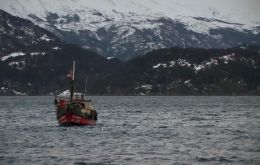
Scientific study suggests snoek (Thyrsites atun) can re-colonize the marine area of the Beagle Channel and South-Western Atlantic waters, an area in the southernmost point of the South American continent where this species competed with the hake (Merluccius sp.) to hunt preys in warmer periods.
-
Friday, January 11th 2019 - 12:39 UTC
World oceans warming up more rapidly, caution US and Chinese scientists
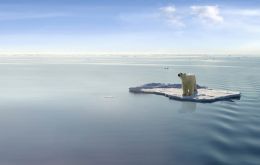
The world's oceans are heating up at an accelerating pace as global warming threatens a diverse range of marine life and a major food supply for the planet, researchers said on Thursday. The findings in the US journal Science, led by the Chinese Academy of Sciences, debunk previous reports that suggested a so-called pause in global warming in recent years.
-
Sunday, December 2nd 2018 - 01:40 UTC
UN Remarks to G20 session on Climate and Sustainable Development

In order to accomplish the 2030 Sustainable Development agenda, United Nations consider the big trouble in relation to climate change the world is suffering. UN Secretary General Antonio Guterres remarks to G20 session on Climate and Sustainable Development as an advice on the “greatest threat to human security and sustainable development and that climate change is still running faster than we are”.
-
Thursday, November 1st 2018 - 08:36 UTC
Ocean temperatures have been warming faster than estimated, shows latest scientific report
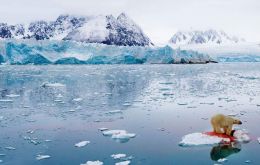
The world’s oceans may be heating up faster than previously thought — meaning the planet could have even less time to avoid catastrophic global warming than predicted just weeks ago by the United Nation’s Intergovernmental Panel on Climate Change.
-
Tuesday, September 25th 2018 - 08:24 UTC
Green mosses of East Antarctica are succumbing to climate change, says scientific paper
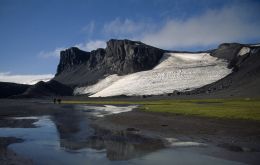
Emerging from the ice for a brief growing season every Antarctic summer, the lush green mosses of East Antarctica are finally succumbing to climate change. That is according to a study of the small, ancient and hardy plants - carried out over more than a decade.
-
Tuesday, September 11th 2018 - 09:29 UTC
El Niño 2018/19 could be a repeat of 2015/16, cautions WMO
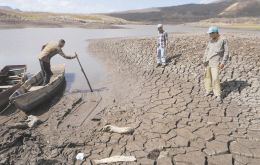
There's a 70% chance of a recurrence of the El Niño weather event before the end of this year, according to the World Meteorological Organization. The last El Niño occurred in 2015-16 and impacted weather patterns around the world, but researchers say they are not expecting this new one to be as intense as 2015-16.
-
Monday, July 9th 2018 - 08:31 UTC
Chinese home insulation blamed for gas emissions damaging the ozone layer
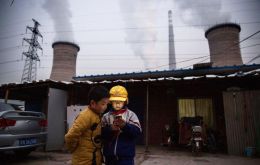
Cut-price Chinese home insulation is being blamed for a massive rise in emissions of a gas, highly damaging to the Earth's protective ozone layer. The Environmental Investigations Agency (EIA) found widespread use of CFC-11 in China, even though the chemical was fully banned back in 2010.
-
Wednesday, May 2nd 2018 - 08:13 UTC
UK-US launch Antarctica research program to predict sea-level rise
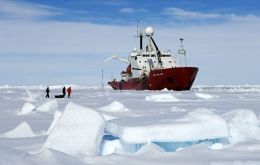
A new UK-U.S. Antarctic research program to improve the prediction of future sea-level rise was launched on Monday at British Antarctic Survey (BAS), Cambridge. The £20 million 5-year research collaboration, funded jointly by the UK Natural Environment Research Council (NERC) and the U.S. National Science Foundation (NSF), brings together over 100 polar scientists from leading UK and U.S. research organizations.
